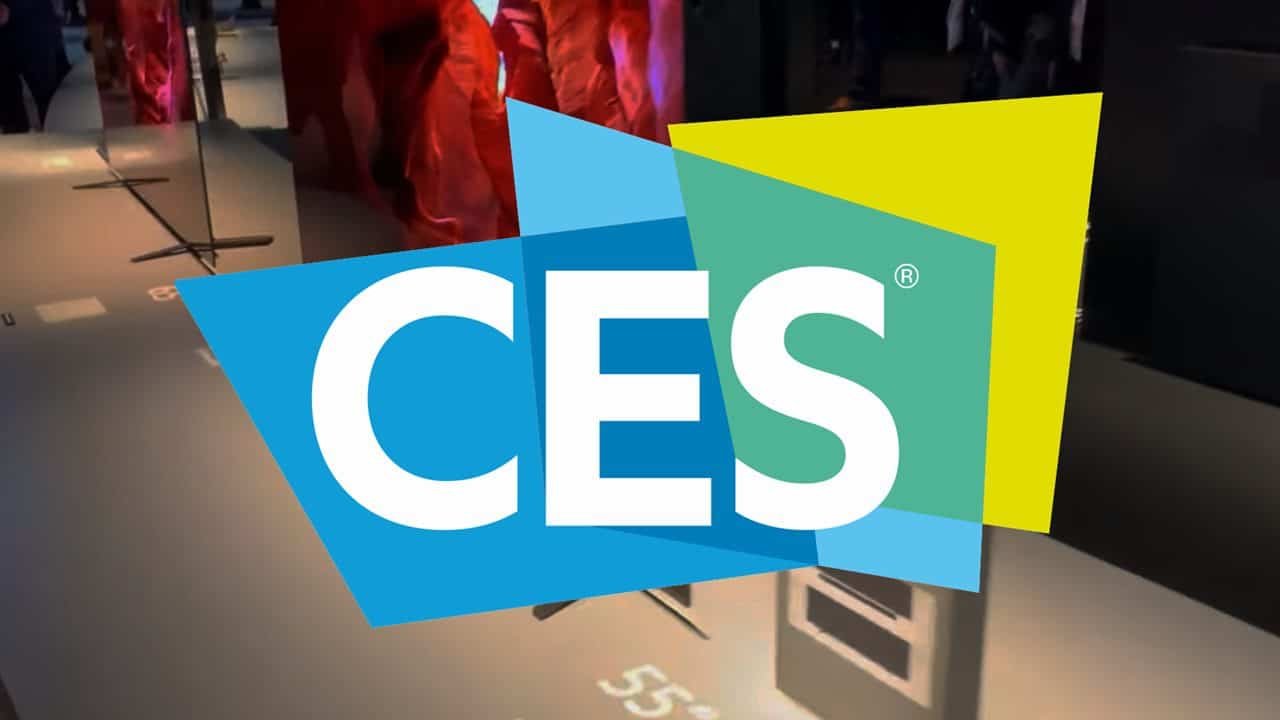New Delhi, Jan 12 (IANS) The Consumer Electronics Show (CES) this year witnessed a wide range of products that popped up on the Las Vegas show-floor, including an absolutely giant Samsung TV, artificial humans, foldable PCs, next-gen concept cars and more.
Among hundreds of products on displace for tech enthusiasts, here are the five most exciting announcements from the city of casinos.
Sony Vision-S concept car
One of the biggest surprises at this year’s CES came in the form of a new concept car unveiled by the entertainment and tech giant Sony.
Called the Sony Vision-S, the concept car is an electric concept sedan that is meant to showcase the Japanese tech conglomerate’s many different strengths — from entertainment products to camera sensors and more.
It comes equipped with a phenomenal 33 different sensors both outside and inside the car, a widescreen display, 360 degree audio, and always-on connectivity, with some pieces coming from industry players like BlackBerry and Bosch.
Vision S is also powered by a “newly-designed EV platform” – which appears to have been engineered by automotive supplier Magna.
OnePlus ‘Concept One’ smartphone
Taking the smartphone form factor to a new level, global smartphone maker OnePlus unveiled ‘Concept One’ with colour-shifting glass technology that makes the rear camera ‘invisible.
OnePlus collaborated with racing and technology brand McLaren on the concept phone’s design and the price of the smartphone has not been revealed yet.
The glass of the OnePlus Concept One uses organic particles to create changes in transparency so that the glass covering the camera lenses can shift in an instant from opaque black to entirely clear.
The OnePlus Concept One draws inspiration from similar technology used in McLaren’s 720S Spider luxury sports car, which features a retractable hard top glazed with an electrochromic glass panel that can rapidly switch between tinted and transparent states.
Lenovo ThinkPad X1 Fold
As foldable smartphones begin to gain popularity, global PC major Lenovo went a step further with unveiling the world’s first foldable PC ‘ThinkPad X1 Fold’.
With the durability and reliability expected from the ThinkPad brand, the X1 Fold has a 13.3-inch folding OLED display. It comes equipped with a separate keypad that can be wrapped inside the device.
It will run on Microsoft Windows operating system and will be a 5G device. The X1 Fold will be available from mid-2020, starting at US $2,499 but there are no plans for bringing it to India at the time.
Samsung QLED 8K TV lineup
Offering a glimpse into the future of display technology, South Korean tech giant Samsung introduced its next-generation QLED 8K smart TV lineup.
Leading the pack is the flagship “Q950” QLED TV, which is the first TV in the industry to feature surround sound audio, true-to-life 8K resolution and a stunning, ultra-thin form factor.
The TV practically eliminates the bezel around the display to create a screen-to-body ratio of nearly 99 per cent.
It is powered by next-generation Quantum Processor 8K and features improved AI upscaling capabilities that use machine learning to analyze and identify the characteristics of individual pixels.
The Q950 is only 15 millimeters thin across the entire display. In combination with a completely flat black panel, the Q950 can lay flush against the wall or create a striking silhouette when placed on a media stand.
Artificial Humans
Samsung-backed STARLabs showcased what it calls the world’s first ‘Artificial Human’ called ‘Neon’.
Pranav Mistry, former senior vice president at Samsung Electronics and now CEO of Samsung-backed Star Labs, showcased Neon’ which is a computationally created virtual being that looks and behaves like a real human, with the ability to show emotions and intelligence.
He explained that the Core R3 (R3 stands for reality, realtime and responsive) software engine underlying ‘Neon’ animates realistic avatars designed to be used in movies, augmented reality experiences, and web and mobile apps. According to STAR Labs, CORE R3 makes it possible for Neons to react and respond in real-time.
